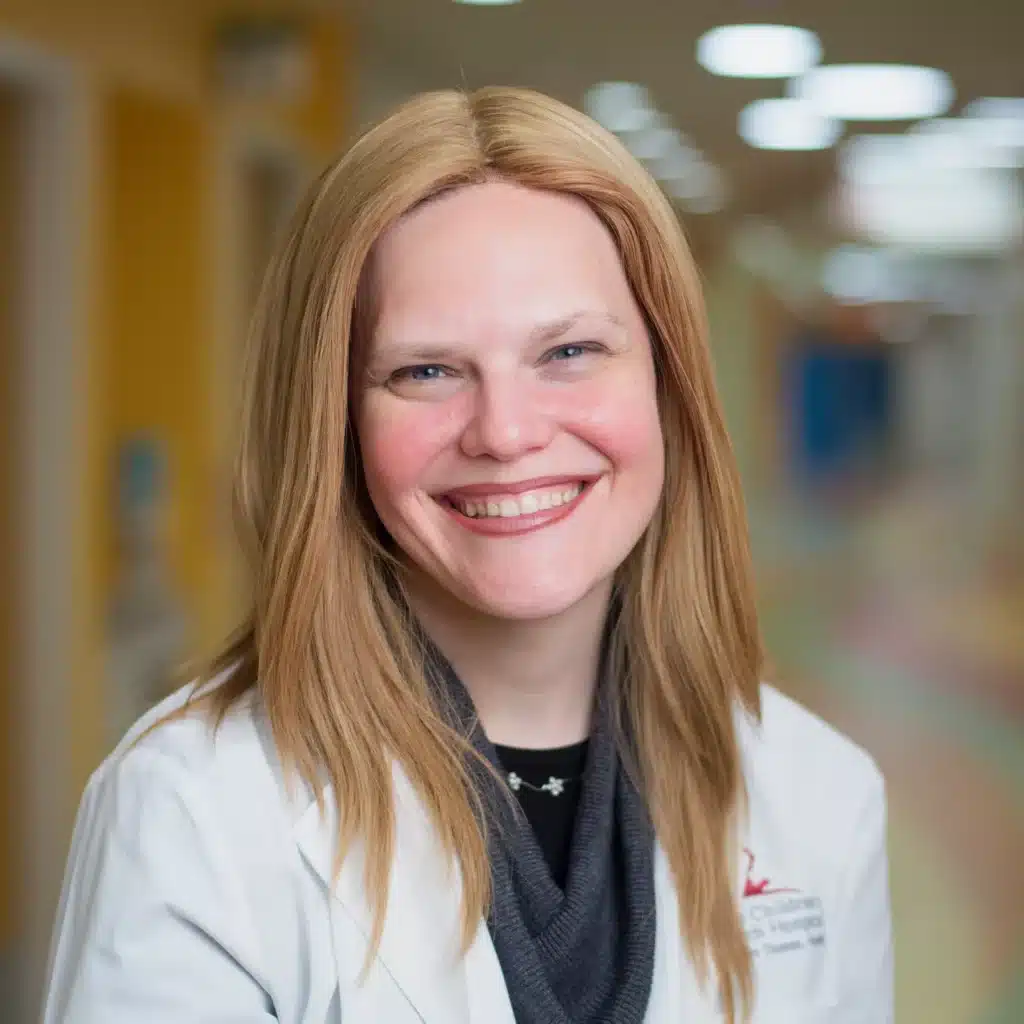
Deena Levine, MD FAAHPM
St. Jude’s Children’s Research Hospital
Memphis, TN
My journey into medicine began with a clear vision: I wanted to be a pediatrician. During my pediatric rotations, I found myself naturally gravitating towards the most critically ill children and the intense, high-stakes situations they faced. This pull led me to the field of oncology, where I realized my true passion lay in handling the most challenging cases, managing symptoms, and navigating uncertain prognoses—all key aspects of palliative care. As I progressed through my oncology fellowship, my research focused on patient needs and symptom management within oncology. This path naturally led me to pursue a fellowship in hospice and palliative medicine, where I carved out a niche in improving care for children with cancer. Today, I proudly serve as a Palliative Oncologist.
My first encounter with the American Academy of Hospice and Palliative Medicine (AAHPM) occurred early in my fellowship years. Initially, I attended meetings related to the oncology world, but I quickly recognized that AAHPM was the true hub for networking, learning, and resources within the palliative care space. The AAHPM conference soon became one of the most vital events on my professional calendar, providing invaluable learning opportunities and a sense of community. Through this network, I began mentoring others, further solidifying my commitment to the Academy. I am particularly proud to have become a Fellow of the Academy, as AAHPM has become my professional home within palliative care.
As I took on increasing leadership roles throughout my career, including becoming a Medical Director, I realized the need for further leadership development and coaching. The Leadership Scholarship offered by AAHPM presented the perfect opportunity to gain the additional training necessary to excel in these roles. The scholarship allowed me to enroll in leadership training programs, mentorship, and coaching sessions. Specifically, I attended the Harvard Center for Primary Care’s Medical Director Leadership Institute, which provided medical director leadership training coupled with coaching and networking. This course offered specific tools that were incredibly beneficial, such as fostering inclusive leadership, running effective teams, ensuring psychological safety within groups, and even handling budgeting. Each opportunity provided new perspectives on team management and skill-building.
The funds from the scholarship were also used to pursue individual coaching opportunities, further enhancing my leadership capabilities. The impact of this scholarship on my professional development has been profound, and I am immensely grateful for the support it has provided.
I believe that supporting the Leadership Fund is crucial because, within the field of medicine, particularly palliative care, there are limited resources, funding, and opportunities for training, skill development, and coaching. This scholarship is essential in helping individuals like me grow their leadership skills and maximize their impact on their teams and the broader field. Without this fund, there are very few other resources available to support such development.
In conclusion, I am deeply thankful for the opportunities afforded to me by the Leadership Scholarship. It has been instrumental in my growth as a leader in palliative care and am glad that it will ensure the continued development of leaders within our field.